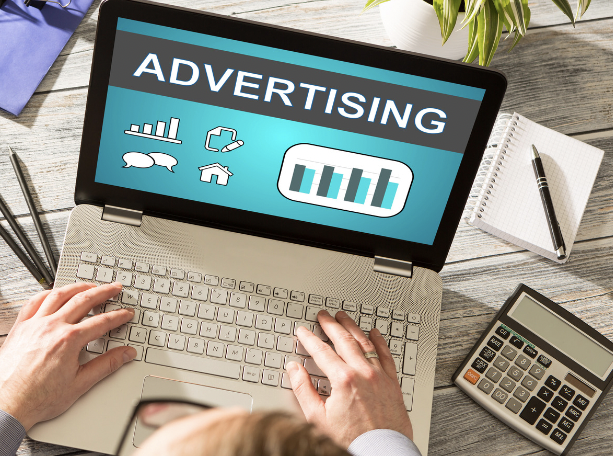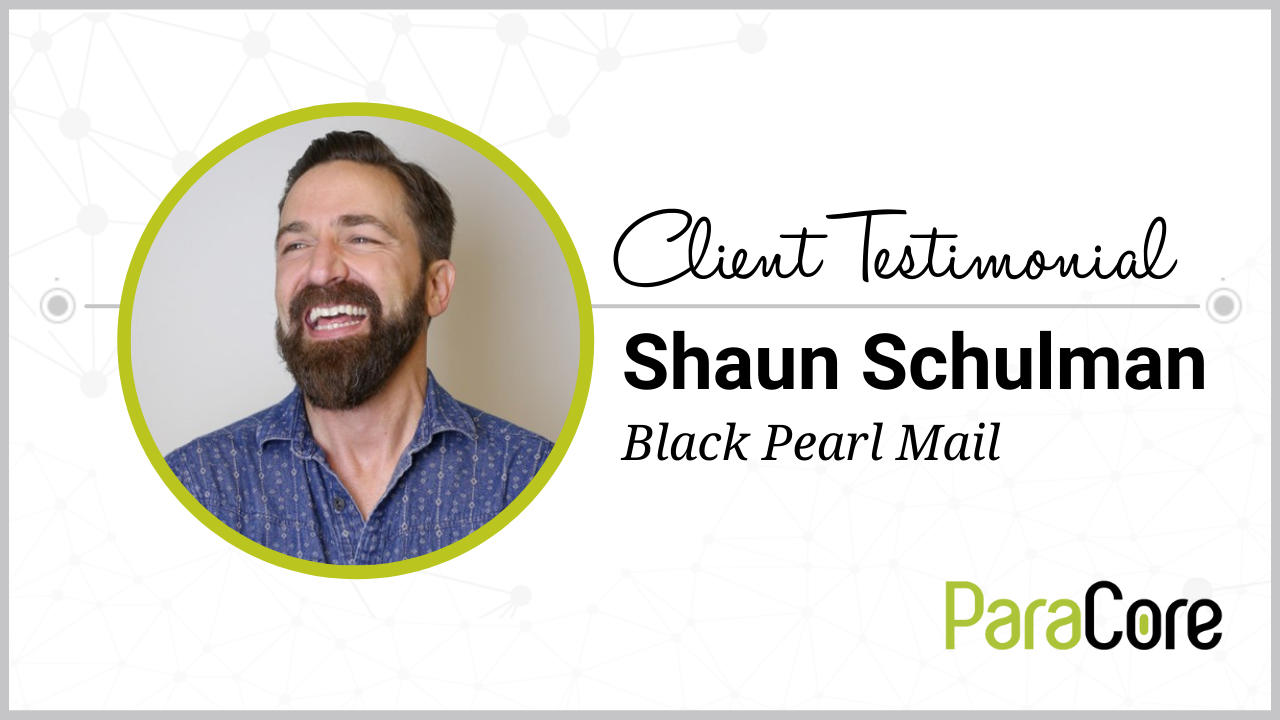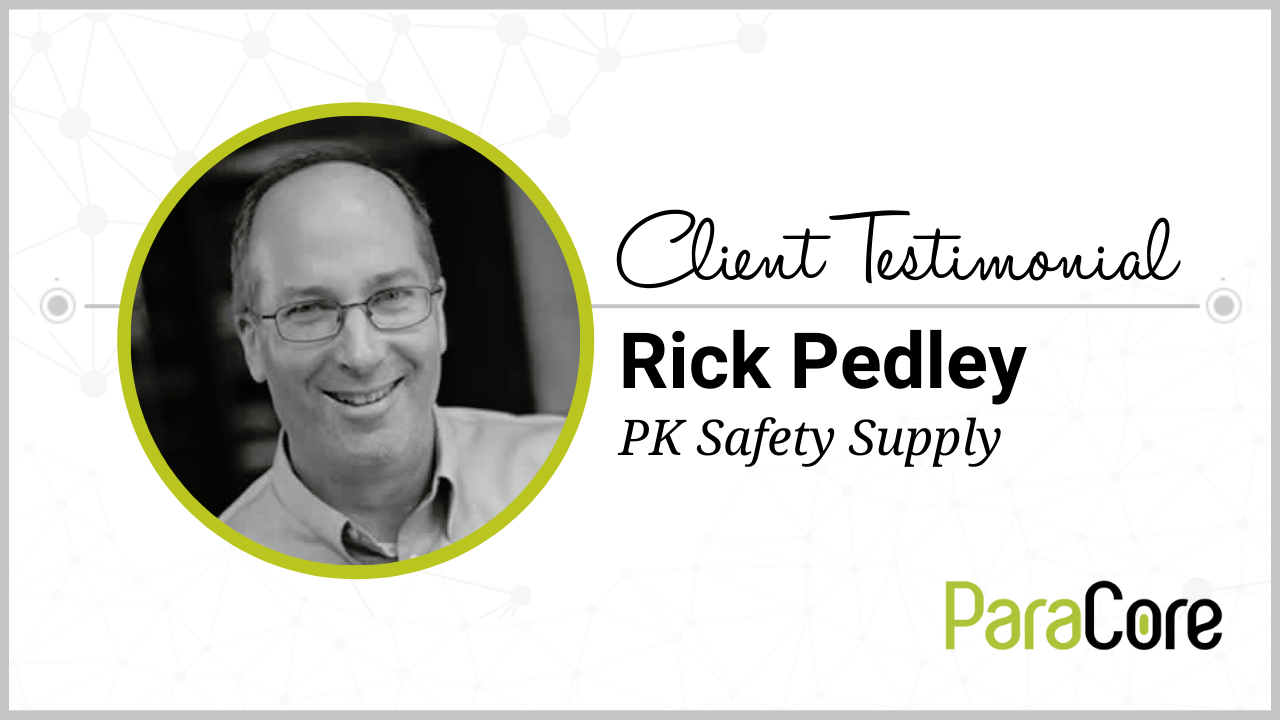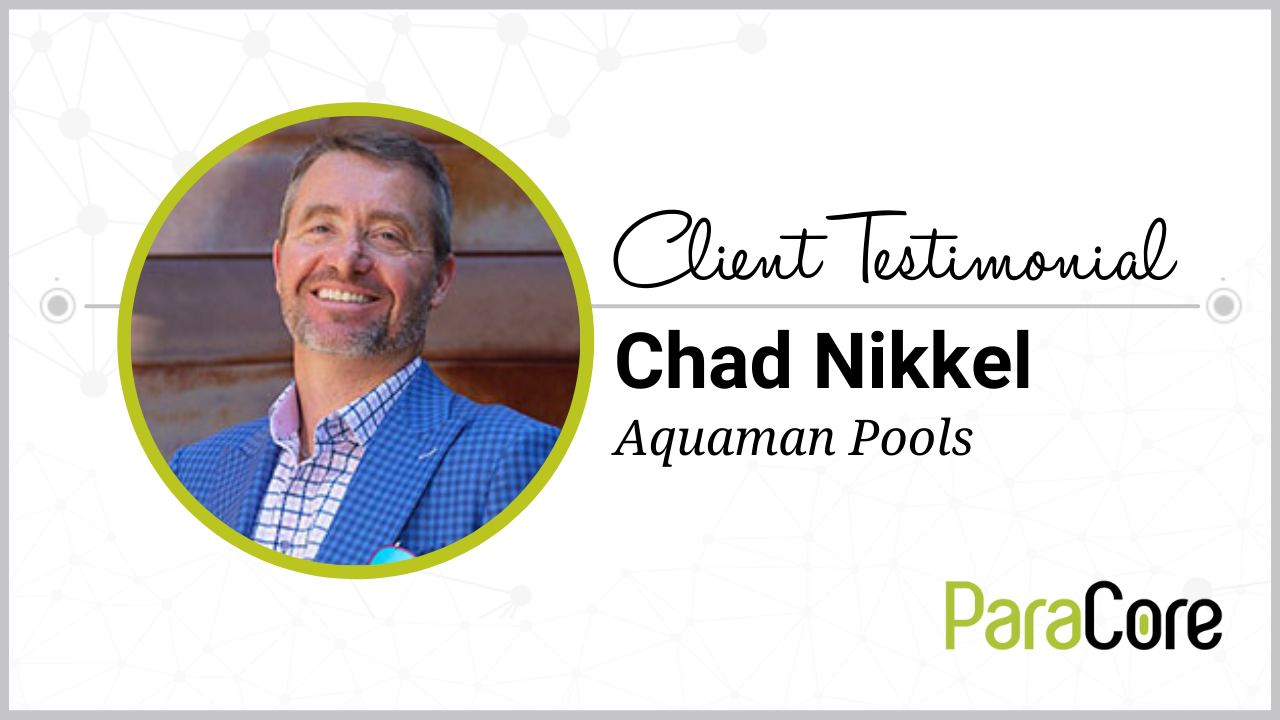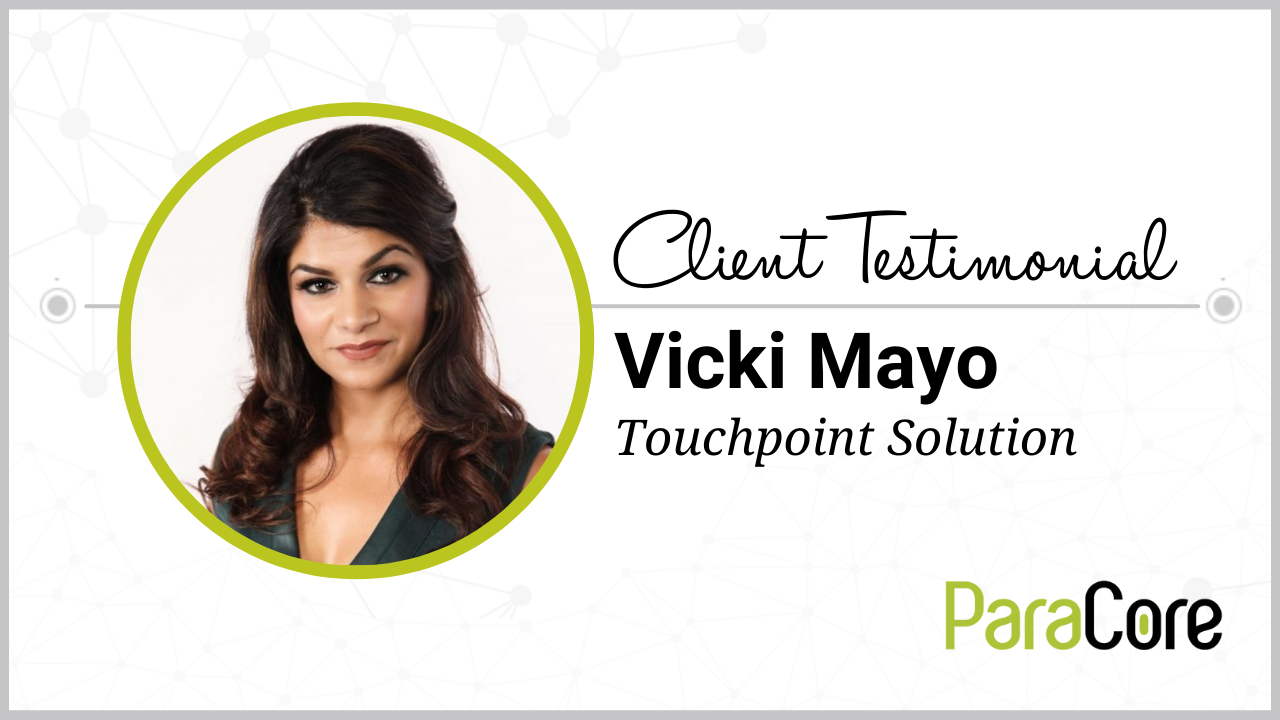Whether text, a graphic banner, or a video, paid advertising is one of the most effective ways to reach your target audience.
But where do you start if you’re brand new to the concept of advertising through social media and search engines?
Here’s your ultimate guide to adding paid media advertising to your digital marketing strategy!
Components of Paid Media Advertising
What do media ads look like?
There are three types of paid ads, each focused on getting the coveted user to click:
- Search engine marketing, such as ads on Google or Bing search results. Your paid ads appear at the very top, which boosts your visibility above all your competitors.
- Social media ads. These ads are clickable content that show up in a news feed, story, or app, and are excellent for audience targeting.
- Display advertising outside of social media: This includes banner ads, video ads, interactive ads on websites, and other content.
What is pay-per-click (PPC)?
Pay Per Click (PPC) is a form of internet advertising where advertisers pay for each person who clicks on their ad. Advertisers bid on keywords related to their business, product, service, etc., and then display ads when someone searches those terms. The advertiser pays only when a visitor clicks on their ad. PPC is one of the most effective ways to reach your target market and generate traffic to your website.
What is a conversion rate?
A conversion rate is the percentage of visitors who become customers after visiting your website. The higher the conversion rate, the better. Conversion rates vary depending on what kind of business you run. For example, if there are 100 visitors to a particular webpage, and three of those 100 visitors buy the product the website sells, then the conversion rate is 3%.
What are ad extensions?
Ad extensions are small pieces of code that add functionality to digital ads. They include things like click tracking, conversion tracking, remarketing, etc. The ad extensions are usually included in the ad creative itself.
What are keywords?
Keywords, and keyword research, are vital for search engine optimization (SEO) purposes! First, a keyword is simply a word used in search engine queries. Search engines use keywords to find relevant web pages for users’ searches. The higher the number of times a particular keyword appears on a page, the higher the rank of that page in the search results.
Keyword research is the process of identifying which keywords are relevant to your website. This helps search engines understand what your site is about, and how they should rank it.
There are two types of keywords: broad match and exact match. Broad match keywords are used when someone searches for a general topic, such as “accountants” or “business.” Exact match keywords are used when a potential customer searches for a specific company name, product, or service.
Don’t forget about negative keywords, which prevent your ad from being served to certain segments and help you reach your ideal audience, which controls budgets, boosts qualified traffic, and increases conversion.
What is a landing page?
A landing page is a web page designed for one specific purpose, such as collecting email addresses from visitors or promoting a sale. Landing pages are often used for lead generation in paid media advertising, where businesses try to convert website traffic into leads.
What is paid media advertising analytics?
This refers to the process of analyzing data from different sources such as Google Analytics, Facebook Insights, Twitter Ads, etc., to determine how effective the customer journey is. By reviewing data like conversion rates, click-through rates, bounce rates, and other metrics, the goal is to optimize future campaigns.
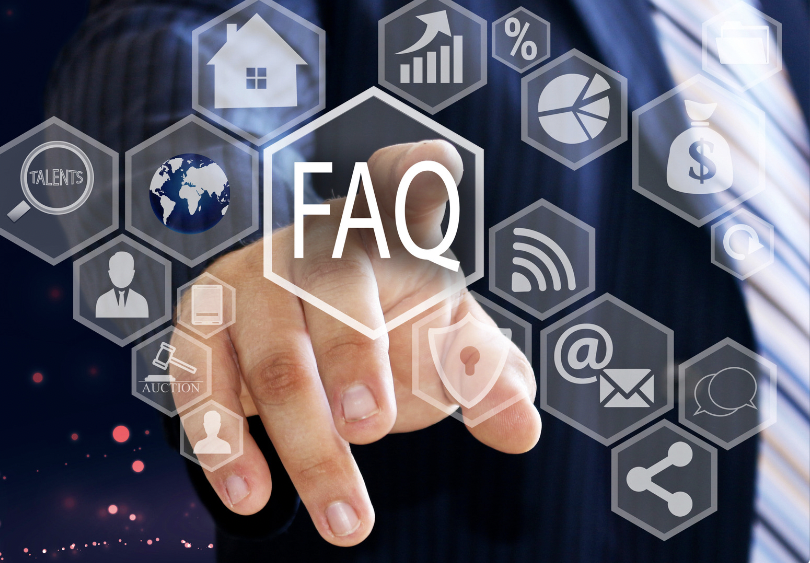
Frequently Asked Questions about Paid Advertising
What‘s the difference between organic and paid search traffic?
Organic search engine traffic comes from users who find your website via a Google search, whereas paid search traffic comes from ads displayed when they perform searches. While organic search engine traffic gives you free exposure, paid search engine traffic provides better conversion rates, requiring constant maintenance and optimization.
Which social media platforms have the highest conversion rate?
Facebook Ads has the highest conversion rate of any social channels at 1%, due to the ability to target specific demographics, interests, and behaviors. Google Ads/Google Adwords converts at around 2%, while LinkedIn Ads convert at around 4%.
What is a good daily budget for paid advertising?
An effective ad spend per day is $0.50-$1.00 per click depending on how much traffic you receive, and the amount of competition. At the same time, the answer depends on how much money you want to spend. If you’re looking for a quick win, then $5-$10/day is sufficient. However, if you’re looking to grow organically, then you’ll need to invest at least $50-$100/day.
How do I choose the ad platform that’s best for me?
Facebook, Twitter, Google, YouTube, LinkedIn: the main difference between each social platform is how they display ads. Each may be better suited for certain types of businesses. For example, digital goods like apps, games, or software tend to do better for Facebook Ads, since you can target specific audiences based on demographics and interests. If you sell physical goods, then Google Ads is a better fit since people often search for specific items they want to purchase.
What kind of audience can I target with paid media?
The main goal of paid media is to reach a target customer who is likely interested in what you’re offering. Your inbound marketing campaign can be based on demographics, interests, behaviors, age, location, and other factors. For example, Facebook ads allow you to target users who like certain pages, follow certain brands, or use certain apps. Instagram allows you to target users who follow certain hashtags, or those who live in certain cities.

Do I need to hire an agency to be successful at media advertising?
Hiring a digital advertising agency like ParaCore is essential for any business owner who wants to succeed online. We have the resources to create effective search ads and social media campaigns that target specific audiences. We can also generate an increase in traffic, while being able to measure results and adjust campaigns accordingly.
Our marketing professionals also understand what works best for each medium, and which channels will yield the highest return on investment (ROI). If you’re ready to dive in, get in touch with us!
Related Posts
- How To Build An Effective PPC Landing Page
- The Conversion-Boosting Amazon PPC Strategy You Need in 2022
- eCommerce Automation- Leveraging it to Reclaim Your Time
- Calculating, Measuring and Minimizing Cost Per Acquisition
- Google Ads Best Practices to Maximize ROAS
- PPC Outsourcing The Right Way: Benefits & Best Practices
- How to Choose the Right PPC Agency
- You Can’t Overlook These 5 Landing Page Best Practices
- How to Prevent Your Website from Being Held Hostage
- Stop Decorating and Start Designing
- Do You Need to Redevelop Your Website?
- How to Build a Successful Web Project
